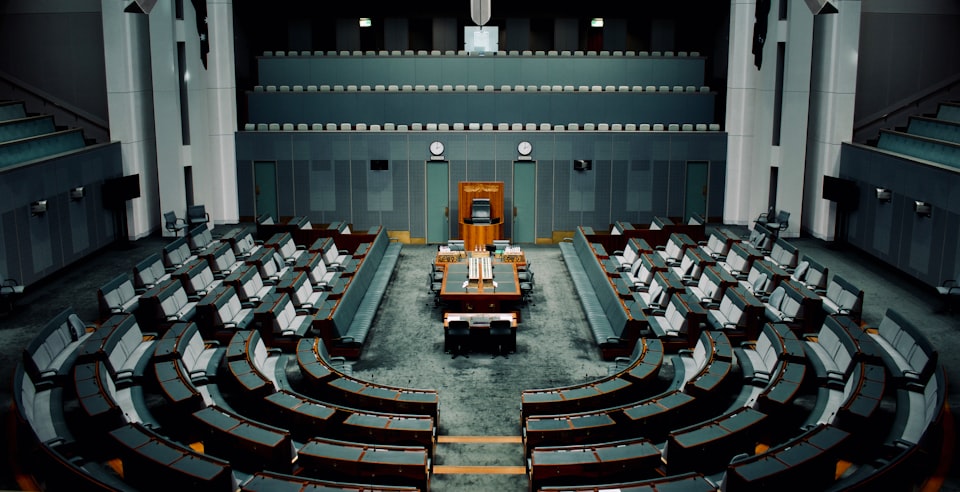"Who has the right to sovereignty? The experimental religious community, or the larger number of neighboring communities who fear for their safety?"
He patai mīharo. An awesome question.
I found this article very interesting. In particular the concepts of 'collective intelligence' and 'governance'.
https://uxdesign.cc/how-to-design-future-governance-fe2dcb0f5671
It led me to ask the question regarding indigenous peoples and settler governments (that have been established on the lands that indigenous people previously inhabited)...
Q. "Does democracy maintain the status quo of settler governments as the primary origin of power of values refinement and decision-making?"
Or we can look at it this way...
Q. "Does democracy allow indigenous people to advance their power alongside the settler governments without taking any power away from the settler governments?"
For me, the key element seems to be scarcity or power, or allocation of power, which assumes a system whereby, power must be taken away for others to succeed. But is that the way we should be looking at it? How can collective intelligence benefit the wider community and not create a dysfunctional government? Is there room for collaboration and cross-cultural consideration?
Q. "Does democracy enable scarcity of voice and representation amongst marginalised groups?"
Q. "Is democracy just a system for rolling-over the status quo at each election cycle?"
Lastly this example on meshwork governance is very intersting,
"Given the above design principle of collective intelligence, which often is increased by (deliberative) council rule, such meshwork governance would often mean exchanging seats within different deliberative councils on topics that have many stakeholders. Let’s say we have a citizen policy council on reducing criminal gang activity in South Sweden, close to Denmark — it would make perfect sense to have Danish representatives, not only because these may give valuable outsider perspectives, but also because their own gang violence scene overlaps and interacts with the Swedish one and they may thereby have both their own interests to defend and hold key pieces of the puzzle. Eventually, you may find that you have enough stakeholders for your organization to be run up to 50% by others — while your organization now in turn affects decisions of its environment. You have gone from separateness and “sovereignty” to a meshwork of governance."
Curious what people think. Respond. Kōrero mai. Ngā mihi. Thank you.
#intelligence #people #power #governance #tinorangatiratanga #rangatiratanga #cogovernance





